Chile is one of the most beautiful countries in South America.
But despite all the beauty, we must be honest: the climatic and landscape diversity carries with it certain nature’s manifestations that it is necessary to keep in mind if they show up when you are visiting this beautiful lands.
For almost every Chilean, perceiving high-intensity tremors it is part of daily life and, some of them, would probably cause some damage anywhere in the world, but in Chile (yes, because we are special!) nobody even calls them earthquakes.
In Chile, almost any quake, even the pretty intense ones, will be called ‘tremor’.
You can Pin this!
Tectonics Plate Theory and Chile’s location
If you visit this part of the continent you are most likely to experience the exciting experience of feeling the earth moving and being alive under your butt. In this area, the mountains are constantly moving under the Nazca plate that is under the sea. According to Tectonics Plate Theory, this causes constant movements in the earth’s surface.
In Chile, earthquakes are caused mostly by friction between the Nazca oceanic plate and the continental plate, corresponding to a sudden release of energy accumulated in the earth’s crust.
These movements go between 0 and +9 degrees of intensity and duration can be as long as 3 minutes. Chile, unfortunately, holds the world’s intensity quakes record, being in 1960 when it was registered the strongest earthquake in the world with a 9.5 intensity.
I don’t want to be alarmist at all and you shouldn’t be afraid. Considering Chile is a seismic country, it’s better to know what to do in case of experiencing a quake as you travel around the country.
Chile is located in one of the most seismic and volcanic regions in the world (in this area happens 75% of the quakes in the world). This area called the Ring of Fire includes countries such as Chile, Ecuador, Peru. Colombia, Central America, Japan, Philippines, Australia, and New Zealand among others.
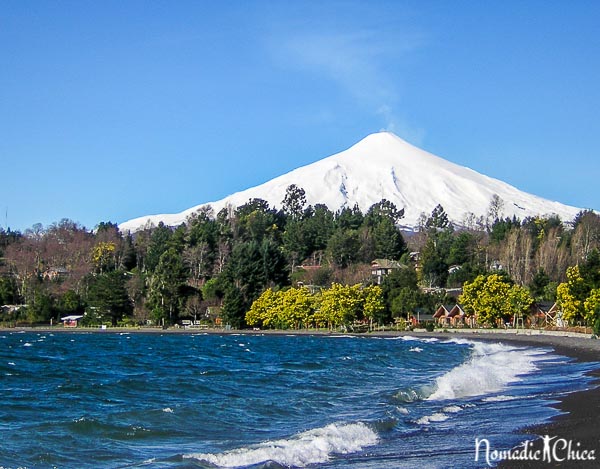
The last earthquake in Chile was on 16 September 2015 and this was one of the 20 most powerful earthquakes of the world, have occurred subsequent to it more than 500 aftershocks, many of which have been perceptible on following days.
It is impossible to accurately predict earthquakes, so the most important thing is to be prepared, to know what to do and how to be safe in case one happens. In Chile evacuation plans in coastal and other risky areas are coordinated by ONEMI. They carried out plans to inform people on how to act in natural disasters. A very close friend of mine has always ready a bag with clothes and basic stuff for her baby, just in case.
How is it to live an Earthquake in Chile
Many are impressed by how Chileans react to disasters. Since we are very young we grow up experiencing or listening about volcanoes, floods or earthquakes. This has created an admirable resilience and ability to help others as needed and within minutes you could see people organized to help a damaged community. With the many natural disasters, the country has learned to prepare and deal with these incidents.
The constant idea of danger and stress of living this type of event keeps people with a bit of anxiety and Chileans have learned to live with it and know how to react to the facts of nature. Life after a natural disaster in Chile it is usually quite normal and after the last earthquake in Santiago every basic service was working, I was online all the time!
Living in Chile is not as easy as it sounds. Taught from a young age to be strong and overcome natural disasters, Chileans have learned not being afraid and stay courageous in dangerous situations.
Chile is the only place on earth where a 7-grade earthquake it is just a “small quake” (un temblor), we have become used to it.
It is in these moments when you will see how the characteristic Chilean sense of humor manifests –and this can be even in the worst moments and crisis-, then don’t be surprised if in the middle of an event of this type you see hundreds of memes, videos, and comments with a very ironic and special humor.
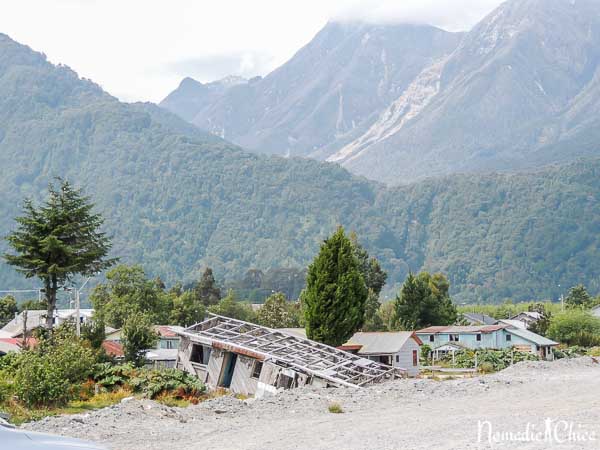
Always be friends with a Chilean
Maybe constantly living several disasters has forged its inhabitants a very special way of dealing with crises and is one of the most valuable qualities Chileans probably have. That is why, if you are in Chile and perceive that the earth moves, always stay tuned to the reactions of Chileans.
Then, if a Chilean looks worried and concerned, if you hear him says the quake is ‘strong’, it’s time to worry … If the Chilean subject is very concerned and he even stands up from his seat, chances are you’re experiencing an earthquake. This is a very good reason to make local friends, can save you a fright or bad time, you will know what to do or whether you should worry or not.
Faced with a dire situation as a strong earthquake the most important thing is to remain calm, so you’ll be able to act clearly. If you let fear take over you, you will not achieve to think and react appropriately. As it is not possible to know when an earthquake will happen, it is the best to be informed about what to do in an earthquake if one happens.
How to protect yourself during an earthquake?
First thing is to know if you’re in an earthquake-resistant construction and whether or not you are protected from falling objects. If the building is not earthquake resistant it makes sense to locate a safe area to take shelter.
- If traveling with family or friends, the idea is to have an emergency plan.
- Especially: Keep Calm
- If you are in a mud (“adobe”) constructed building, you should evacuate immediately.
- If you’re on the street, stay away from buildings, utility poles and power lines. Stand near the outer walls of buildings or where possible in out of them.
- If you are in an event of massive assistance, stay calm and stay in your place, protect your head and neck with your arms.
- Stay away from windows
- Cut electricity and gas, use only flashlights to illuminate.
- If you are on the coast and the earthquake hampered, evacuate immediately to the Tsunami Security Zones established in high places.
- Do not cover or stay under any structure, if you’re stuck adopts a fetal position and stay next to a sofa, chair or large furniture
If you’re in your hotel
If you’re in your bed and a strong earthquake occurs overnight wheel from your bed to the floor until motion stops, an empty space around the bed to protect your body is created.
Do not stand under a doorway !!! This was the classic recommendation that Chileans have heard for years, but the door frame can collapse give the movement, the roof can fall on you.
During an event of this nature, there are many things that pass on your thoughts in a split of a second. I think if you live any natural disaster you will be directly confronted with reality, to me at least this always act as a reminder that nothing is certain in this life and we are always exposed to risks.
It reminds me to say ‘I love you’ more and that material things have minimal value compared with human lives. I remember to thank the fate that I have to be able to live the life I choose to live and not suffer great damage.
Have you ever lived an earthquake before? Do you know what to do in an earthquake case one happen?

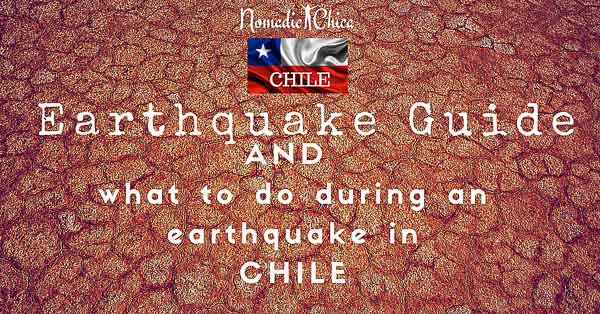

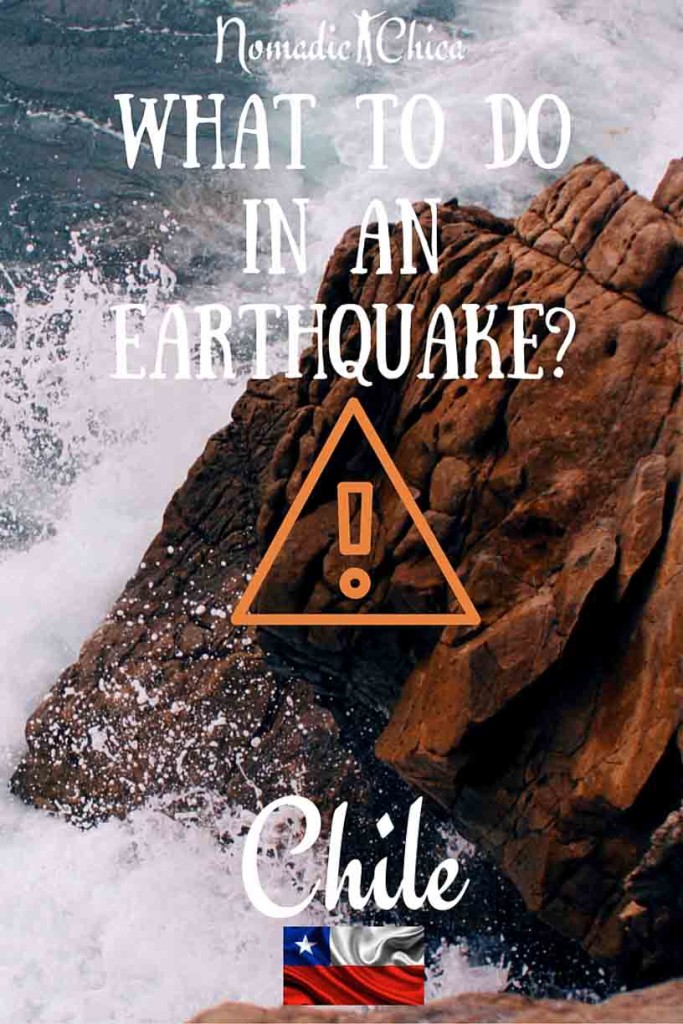
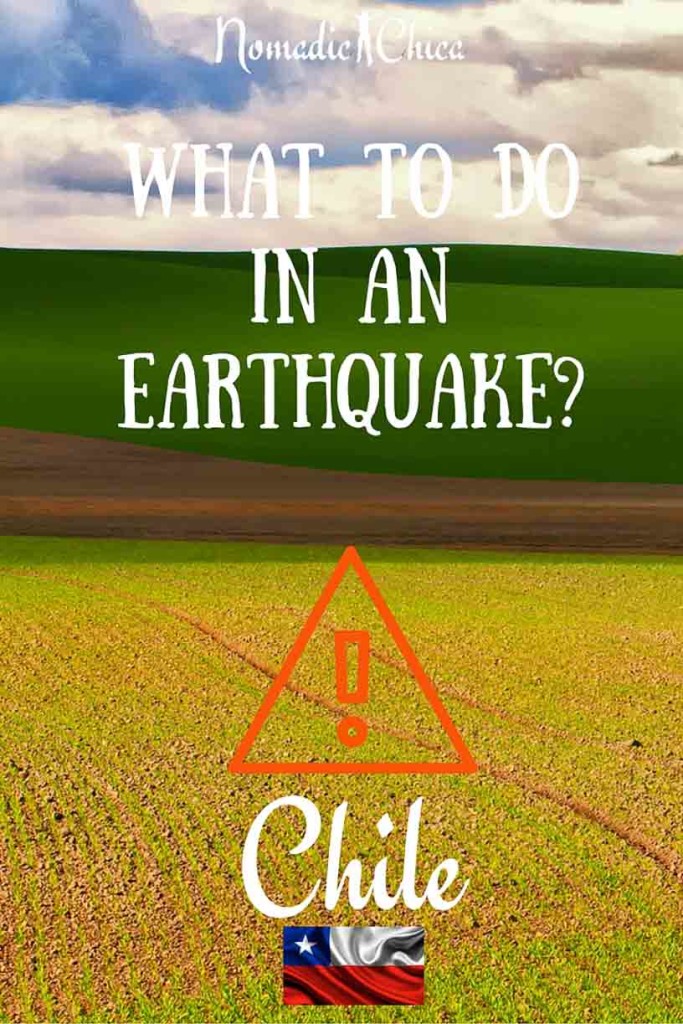
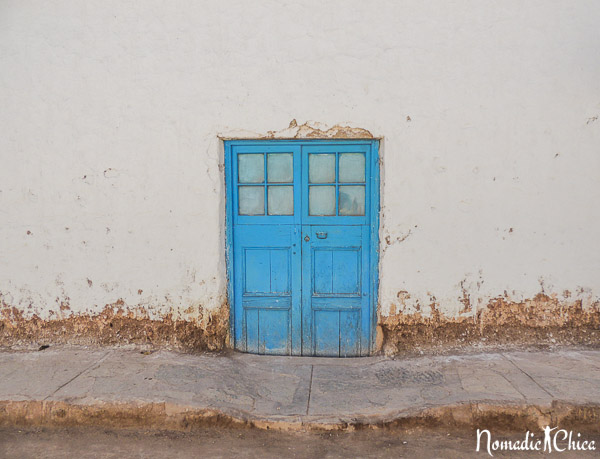
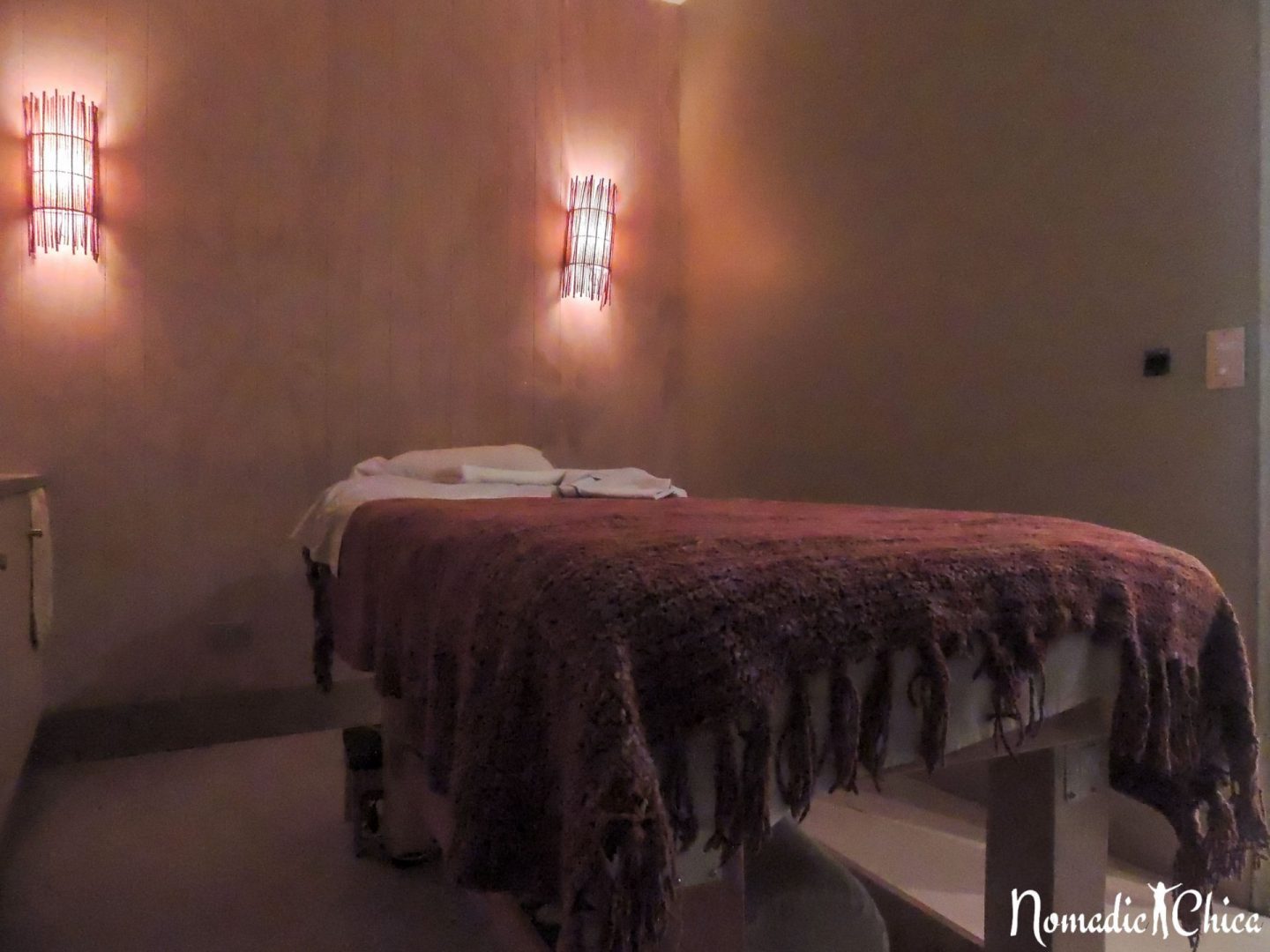

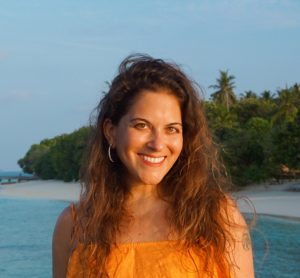


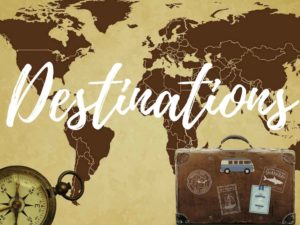


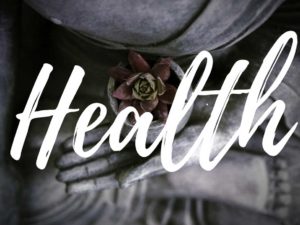






Being originally from Los Angeles California, I’m a veteran and survivor of lots of earthquakes. I never got used to them, they’re scary as hell. When they start you never know if the shaking will get stronger. We were told after the 1971 Sylmar quake that the doorway was the strongest place to be during an earthquake.
It’s true! Even if I grew up feeling the Earth moving under my feet is a bit scary being on a bigger earthquake, last one I thought it would be the end of the World, lol.
I experienced an earthquake in Pakistan, December 1974. Terrifying. Thousands died. I still remember the sound: Dogs barking. Silence. Then the sound of an enormous train passing below. After shocks continued for more than a day. Rocks bounced down to the river side where we sheltered.
Hi Gloria, I just left Iquique in 2014 and was in Arica during my 9 month travel in South America when the big earth quake 7.9 hit… I was truly scared because it was my first mayor ‘tremor’…
Thanks for your insight…
See you in the world, sometime, somewhere…